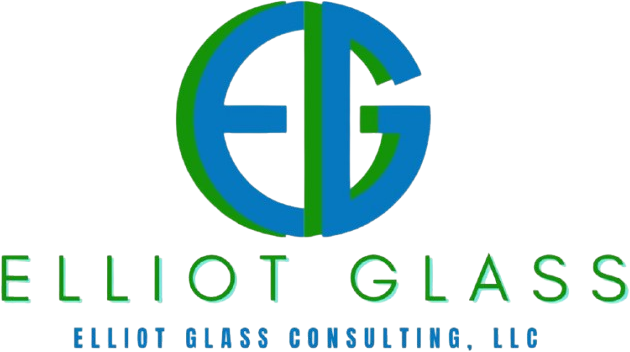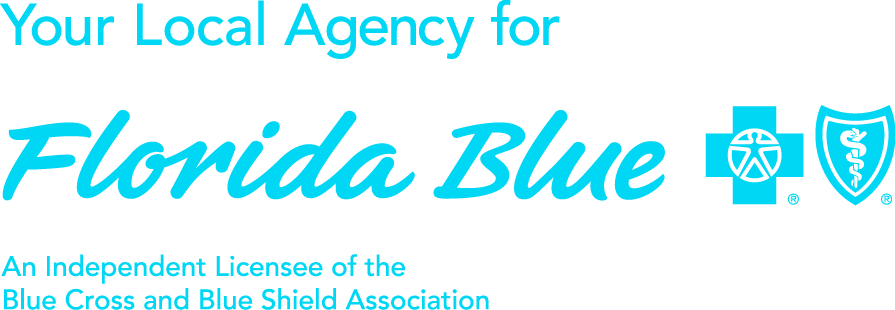Protect Your Income with Disability Insurance Plans in Florida

Protecting your income with disability insurance plans in Florida can be a crucial step in staying financially stable if you become unable to work. Whether you’re a busy professional in Coral
Springs or anywhere else across the Sunshine State, disability coverage helps ensure you can still meet your financial obligations if an illness or accident occurs.
Below, you’ll find a clear overview of different disability options, how they work, and tips to help you choose the right plan for your needs.
Understand disability insurance coverage
Disability insurance is designed to replace a portion of your income when you can’t work due to a medical condition. Instead of covering a specific diagnosis, these plans focus on your ability (or inability) to perform your job. For instance, if you have a policy with an “own occupation” definition, you qualify for benefits if your condition keeps you from doing the substantial duties of your own job.
Meanwhile, an “any occupation” definition makes it tougher to qualify, because you must be unable to do any job, not just the one you’re used to. It’s a good idea to double-check how your policy defines “disability,” so you know exactly what triggers a claim.
Decide between short and long term
When weighing disability policies, you’ll notice two primary types: short-term and long-term disability.
-
Short-term disability (STD)
-
Often covers you for 90 to 180 days, sometimes up to 24 months
-
May pay up to 100% of your base salary during the coverage period
-
Waiting periods, measured in days, vary by policy
-
Designed to bridge the gap if you need a few weeks or months off work
-
Long-term disability (LTD)
-
Typically provides coverage after STD benefits are exhausted
-
Offers benefits that can last for several years or until you reach a certain age
-
Waiting periods may be measured in months, which is why STD can be important as a first layer of protection
-
Covers more severe or prolonged conditions that keep you from working for an extended period
Each type is valuable in different situations. If your condition ends up lasting longer than expected, LTD coverage can be lifesaving for your budget, especially if you’re managing a mortgage, family needs, or other ongoing expenses.
Explore key plan features
Once you know which type of disability insurance you need, consider these critical features:
-
Coverage amount: Most policies pay somewhere between 50% and 85% of your salary, although STD can sometimes pay up to 100%. Check if there’s a cap on monthly benefits.
-
Benefit period: Short-term plans generally wrap up at the 6-month mark, while long-term policies can extend for 5, 10, or 20 years, or until retirement age.
-
Waiting period: Both STD and LTD require a waiting period before benefits begin. Make sure you understand how long you’ll wait and plan your emergency savings accordingly.
-
Additional riders: Some insurers offer add-ons like cost-of-living adjustments, residual disability clauses (pays if you return to a lower-paying role), or business overhead expense coverage for self-employed individuals.
Review each plan’s fine print. For example, group policies offered by your employer might end if you stop working at that company, so you could lose coverage at an inconvenient time. You might also explore private individual policies if that flexibility is important to you.
Tailor coverage for Florida needs
If you live and work in Florida, you likely know our local economy can be both diverse and dynamic. From tech to tourism, Florida offers a wide range of career paths, each with unique income-protection concerns.
Partnering with an experienced broker who understands local insurance regulations, like Elliot Glass Coral Springs Insurance in Coral Springs, can help you find a policy that fits both your job and your lifestyle.
Since 2012, Elliot Glass Coral Springs Insurance has guided Floridians through everything from life and health insurance to more specialized coverage like disability plans. Local laws, combined with Florida’s evolving job market, call for flexible options that can adapt to your unique situation.
Whether you want to protect against a short-term setback or need long-term peace of mind, the right disability insurance plan helps you bounce back financially.
Putting it all together
Disability insurance boils down to ensuring your paycheck won’t vanish if a medical condition keeps you off the job.
Balancing short-term coverage with a reliable long-term plan can give you confidence that you’ll stay afloat, even under challenging circumstances. For Floridians, particularly those supporting families, investing in a robust policy is one of the smartest ways to safeguard financial health.
Ready to learn more about choosing the right disability insurance plan for your life in Florida? Head over to our contact page and let Elliot Glass Coral Springs Insurance help you customize a policy that matches your goals.
FAQs
What is the difference between short-term and long-term disability?
Short-term includes coverage for a set period, typically 90 to 180 days, while long-term extends beyond that, sometimes for several years. Short-term helps you with immediate needs, and long-term guards against more prolonged income loss.
What does “own occupation” mean in disability insurance?
“Own occupation” means you receive benefits if you’re unable to perform the duties of your specific job. This definition is often broader and more favorable than “any occupation,” which requires you to be unable to work in any capacity.
Will Social Security Disability Insurance (SSDI) affect my short-term disability benefits?
Not usually. SSDI only applies to long-term or permanent disabilities, so if you’re on a short-term plan, you typically won’t have SSDI offsetting those benefits.
How does a waiting period work?
A waiting period is a set amount of time you must be disabled before your benefits start. For short-term policies, this might be a few days or weeks, whereas long-term policies might require a few months.
Can I rely solely on my employer’s group disability plan?
You can, but if you leave the company, you usually lose that coverage. Purchasing an individual policy ensures you’re covered regardless of your employment status.
‹ Back





